FBI Director Christopher Wray has continued his fight to make it easier to defeat the encryption-based security of devices like Apple's iPhone, declaring in a speech at Boston College that these security systems could be designed in a way to help law enforcement agencies, as well as updating laws to keep up with changes in technology.
Wray's speech on Wednesday touched on the subject of encryption systems used by Apple and other tech companies to protect the personal data of their users, highlighting that these same systems prevent law enforcement from gaining access, which Ars Technica reports the FBI refers to as the "Going Dark"problem.
In the 2017 fiscal year, Wray advises the FBI was unable to access data stored in 7,775 devices "using appropriate and available technical tools," despite having the legal authority to do so. "Each one of those nearly 78-hundred devices is tied to a specific subject, a specific defendant, a specific victim, a specific threat," Wray insists, calling this inability to access the data a "major public safety issue."
"Some have argued that having access to the content of communications isn't necessary - that we have plenty of other information available outside of our smartphones and our devices," Wray advises, noting this includes metadata from call and text message transactions. While he admits some information can be inferred from metadata, this is only partially useful, but to prevent attacks and to successfully arrest and prosecute criminals, "words can be evidence, while mere association between subjects really isn't."
Insisting the FBI is "on the front line fighting cyber crime and economic espionage," Wray adds the FBI "supports information security measures, including strong encryption," but to a point. "Information security programs need to be thoughtfully designed so they don't undermine the lawful tools we need to keep the American people safe."
The director claims to be open to constructive solutions to the Going Dark problem, asking for a thoughtful and sensible approach, but stresses "we need to work fast." The FBI is said to have people working with stakeholders on the issue, but Wray still wants to get the private sector's assistance, namely companies like Apple, Google, and other major privacy-centric firms.
"We need them to respond to lawfully issued court orders, in a way that is consistent with both the rule of law and strong cybersecurity," he suggests, insisting "we need to have both, and can have both." Despite the difficulty of coming up with ways to make such systems secure yet accessible by law enforcement - as insisted by Apple and others - Wray states "I just don't buy the claim that it's impossible."
Wray also called for lawmakers to change laws to keep pace with modern technology, complaining "in some ways it's as if we still had traffic laws that were written for the days of the horse-and-buggy." The FBI doesn't "simply need improved technical tools," he continues, "we also need legal clarifications to address gaps."
"Bottom line: We need to be a force of specialized, technically trained personnel that's cutting-edge, forward-leaning, and able to fully investigate and combat the diverse cyber threats."
The encryption debate between lawmakers, security agencies, tech companies, and interest groups has been going on for a number of years, but intensified following the San Bernardino investigation, when the FBI reportedly paid to have a suspect's iPhone 5c unlocked. Apple declined to follow demands to create a backdoor, as doing so for one would undermine security for millions of iOS devices worldwide, something Apple CEO Tim Cook at the time called "dangerous."
In an October 2017 speech, Wray called the lack of access a "huge, huge problem," claiming it "impacts investigations across the board - narcotics, human trafficking, counterterrorism, counterintelligence, gangs, organized crime, child exploitation." In that speech, Wray admitted there needed to be a balance between providing law enforcement the tools and keeping devices secure.
Wray continued his demand in his second speech on the subject in his tenure as the head of the FBI in January, reiterating it was an "urgent public safety issue."
 Malcolm Owen
Malcolm Owen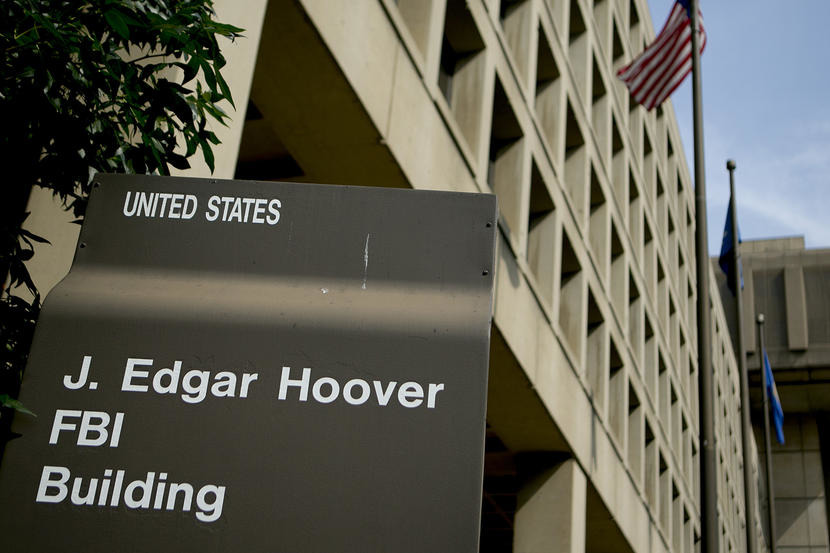




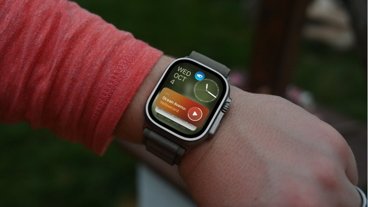


-m.jpg)





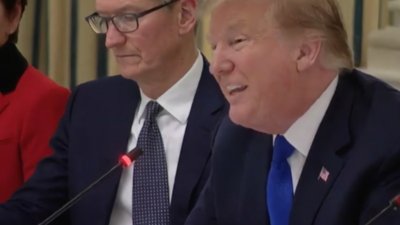
 William Gallagher
William Gallagher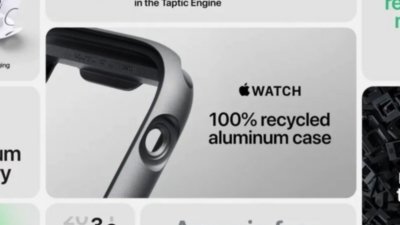
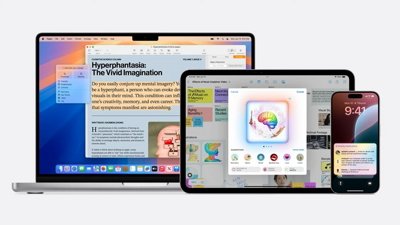
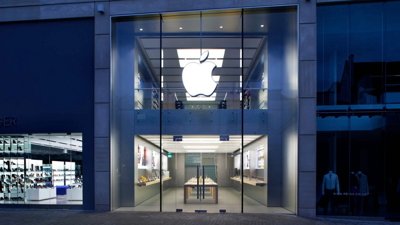

 Andrew O'Hara
Andrew O'Hara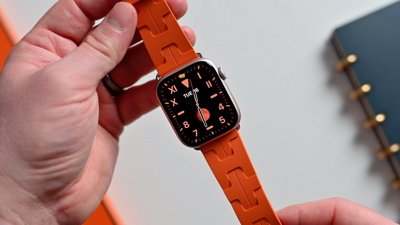
 Andrew Orr
Andrew Orr




-m.jpg)






21 Comments
Why don’t you (Mr. FBI) work on the low hanging fruit first? And admit you’re nothing but a politician...
The FBI were warned more than a month before the Florida school shooting that suspected gunman Nikolas Cruz had firearms and was “going to explode”.
“I just think about it, you know, getting into a school and shooting the place up,” a caller told an FBI information line, according to a newly released transcript.
Accused of killing 17 people at Marjory Stoneman Douglas High School, Mr Cruz repeatedly appeared on authorities’ radar in the months before the massacre.
The FBI has already admitted that it failed to investigate a warning that Mr Cruz had the capacity and will to cause bloodshed, a lapse that has led the Florida Governor, Rick Scott, to call for the FBI Director, Christopher Wray, to resign.
Looks like the Chinese government understood technology better than the FBI. China just requires a copy of every private key generated to be submitted to the government so the they can unlock everything at any time.
but but...some vendors already knew how to break in iPhone lately...No?
FBI Director Christopher Wray has continued his fight to make it easier to defeat the encryption-based security of devices like Apple's iPhone, declaring in a speech at Boston College that these security systems could be designed in a way to help law enforcement agencies
And what happens when an FBI agent is offered 10million for the law enforcement key? Does this idiot really think that only law enforcement will have access? He really needs to pull his head out of his ass if he thinks it will be safe.